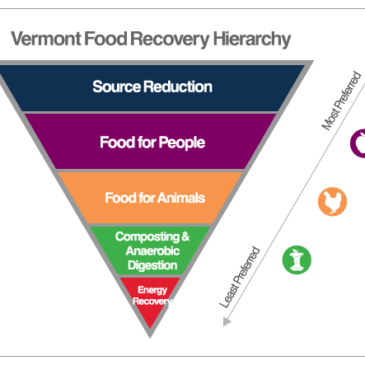Wisconsin – Composting Rules
Wisconsin recently revised its composting regulations; the new rules became effective June 1, 2012. To ensure the quality of finished compost and minimize potential nuisances from materials mismanagement, the revisions require that composters use best management practices to curtail potential pathogens.… Read More




